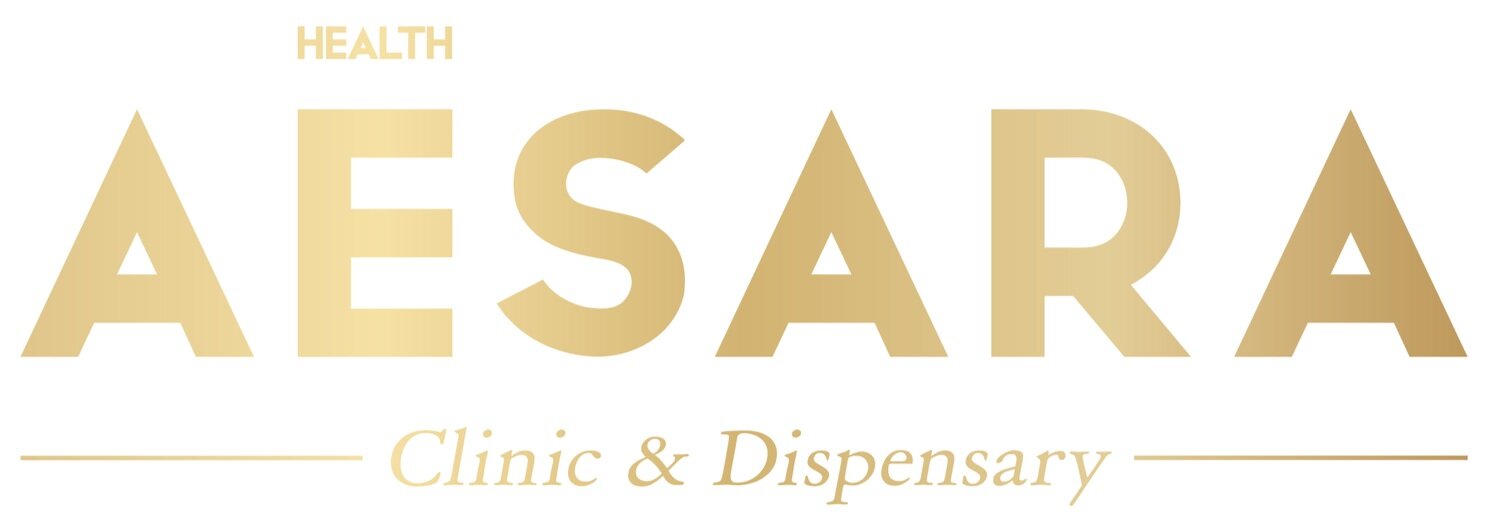Traditional Chinese Medicine (TCM)
Traditional Chinese Medicine (TCM) is a holistic system of healthcare developed over thousands of years, aimed at supporting the body’s natural ability to heal and maintain balance. TCM takes a comprehensive approach to wellness, addressing the root cause of illness rather than only managing symptoms.
TCM Practitioners are trained in a range of diagnostic and treatment methods that consider the dynamic interactions between the physical body, emotional state, environment, and lifestyle. Through detailed assessment and pattern differentiation, TCM offers targeted care for a variety of acute and chronic conditions.
The aim of TCM is to promote harmony within the body’s systems—Qi (vital energy), Blood, Yin, and Yang—by restoring balance and flow. Treatments are personalised to each individual and often support both short-term symptom relief and long-term wellbeing.
A key principle of TCM is treating the person, not just the disease. Practitioners seek to understand how imbalances manifest uniquely in each individual, often exploring how factors like stress, diet, sleep, emotions, and external influences may contribute to ill health.
A range of treatments may be used to support health and vitality, including acupuncture, Chinese herbal medicine, cupping therapy, moxibustion, gua sha, and dietary/lifestyle advice based on Chinese Medicine principles.
What conditions do TCM Practitioners commonly see?
Fatigue, stress, anxiety and emotional imbalances
Digestive complaints including bloating, reflux, or irregular stools
Menstrual and hormonal imbalances
Sleep disturbances or insomnia
Headaches and migraines
Musculoskeletal pain including lower back, neck, or joint issues
Recurrent colds, hay fever or low immunity
Fertility support and pregnancy care
What can you expect from your TCM appointment?
During your consultation
Your initial consultation includes an in-depth discussion of your health history and current symptoms. Your practitioner may observe your tongue, feel your pulse, and ask detailed questions about your digestion, sleep, emotional wellbeing, menstrual cycle (if applicable), and lifestyle habits.
After identifying a TCM pattern of disharmony, your practitioner will explain their diagnosis and recommend an appropriate treatment plan. This often includes acupuncture and/or herbal medicine, with adjunct techniques such as cupping or gua sha where relevant.
Treatments are conducted in a calm, supportive environment. Acupuncture involves the use of fine, sterile needles inserted at specific points on the body. Most people find this deeply relaxing. Herbal formulas are customised to your presentation and may be dispensed as granules, pills, or teas.
After your treatment
It's common to feel relaxed, grounded, or slightly sleepy. Drinking water, staying warm, and avoiding intense exertion are advised to allow the body to integrate the effects of treatment.
Depending on your health goals and presentation, your practitioner will discuss the expected course of treatment, including frequency and duration. The intention is always to support lasting change—not just symptom relief, but a deeper state of health and balance.
Meet Our Northcote TCM Practitioner
Kiah McGowan


